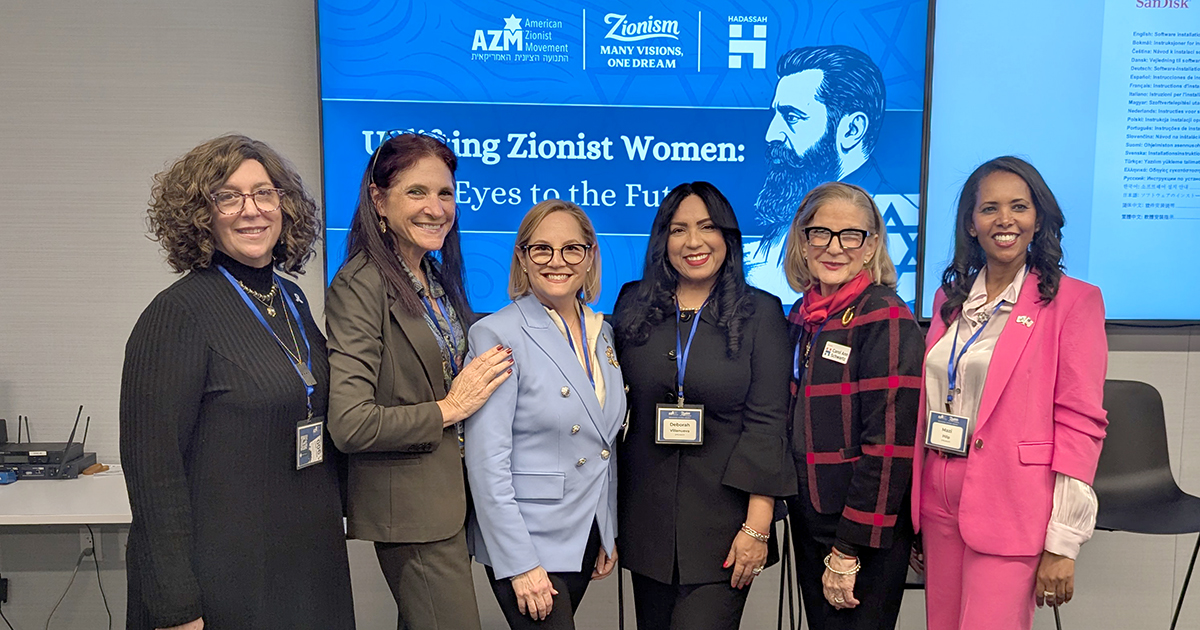Tovah, 43, couldn’t find the right guy. She’d devoted her life to her small non-profit and realized her body clock for having a baby was ticking. She made the decision, as have many single women, to have a child on her own, a procedure that is covered by health services in Israel. Nonetheless, her test results were disappointing.
“My doctor told me I have old eggs, and the chances of my conceiving are minimal,” she says. Still, she’s trying.
But what if somehow doctors could half or even reverse the aging of eggs? Hadassah Medical Organization researchers are trying.
For the last 20 to 30 years, scientists have known that changes in heterochromatin, a tightly packed form of DNA, impair oocyte maturation.
The Hadassah team found that using an antiviral drug, they could prevent this damage to the eggs. So far, their work has focused on mouse and human oocytes. The results were just published in Aging Cell.
Hadassah fertility chief Prof. Hananel Holzer is cautiously optimistic. “I don’t think it will be a magic drug with which a 40- or 45-year-old woman will take the medication and ‘boom,’ she is 20,” he says. “However, if found clinically useful, it will help us increase the success of fertility treatment for women at an older age.”



.svg)






